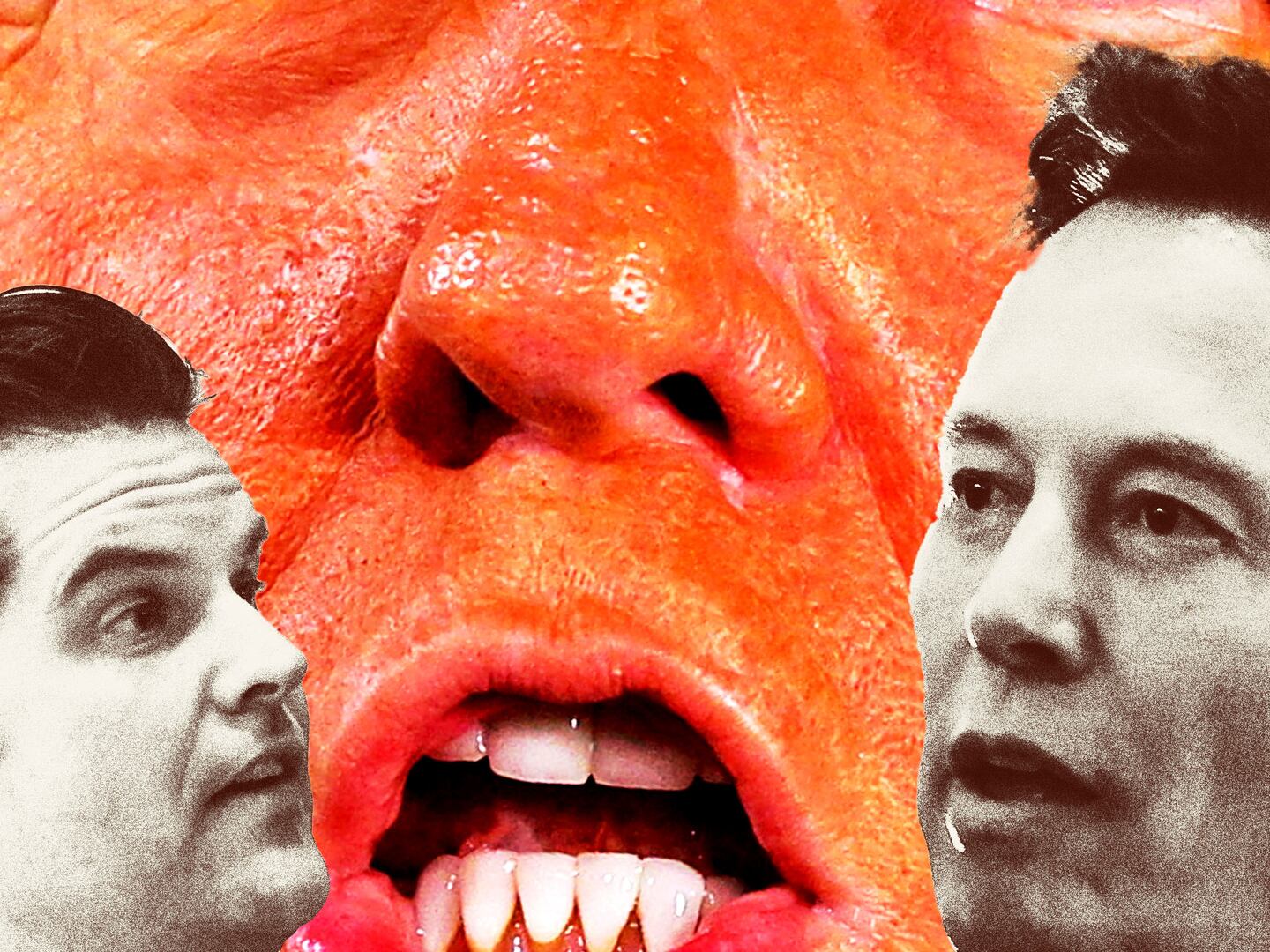Politics
Photo Illustration by Lyne Lucien/The Daily Beast
Donald Trump’s High-Caliber Hypocrisy on Mental Health and Guns
Your Problem Here
‘Ironically, the assertion that mass violence is about mental health and not guns is all about guns, and not mental health.’
opinion

Trending Now





